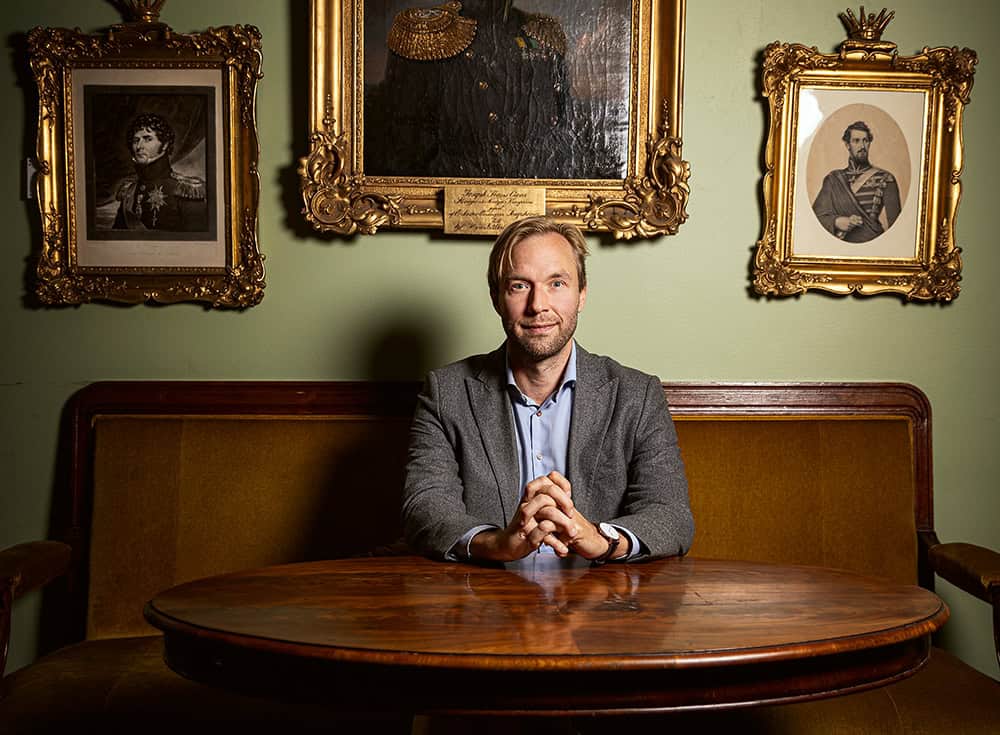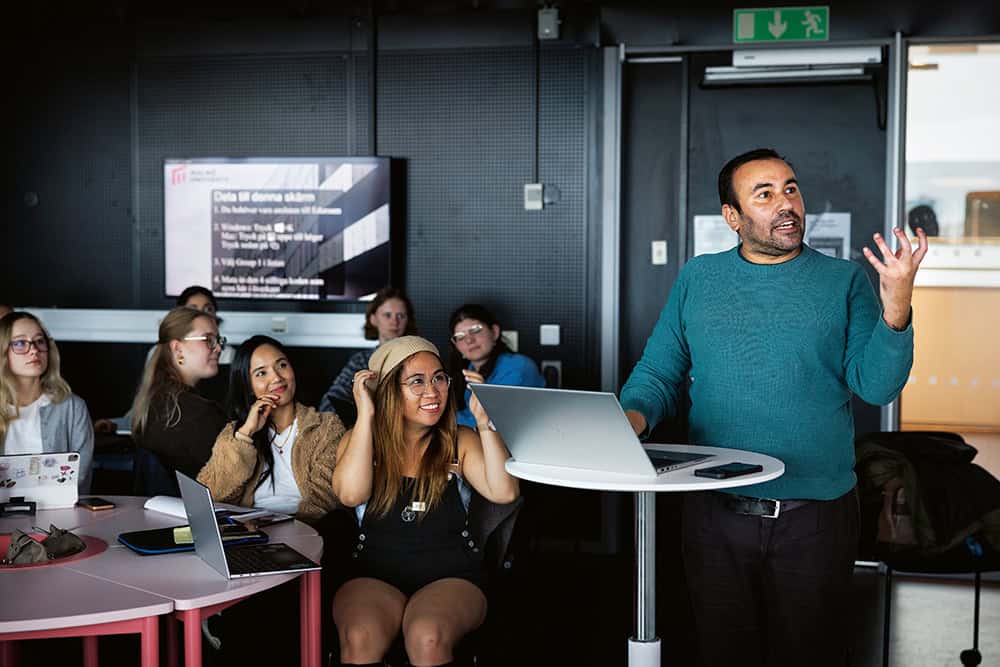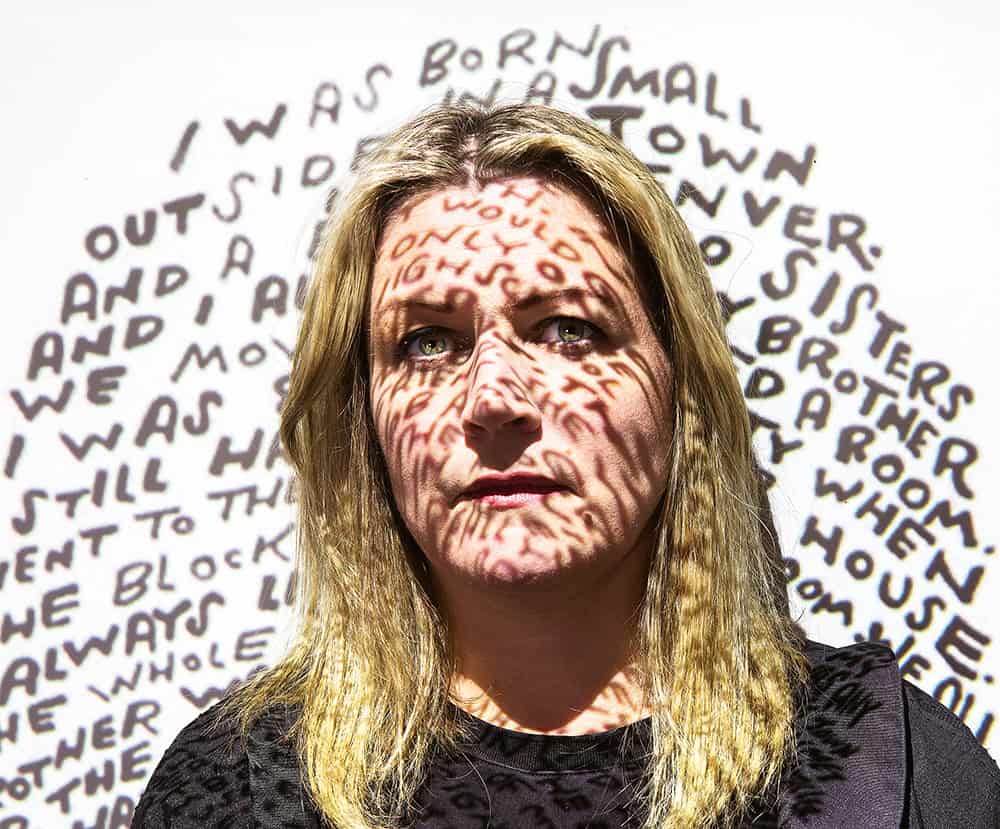Higher education and research are not major political issues in the run-up to the elections to the European Parliament on 9 June, notes Magnus Blomgren, a docent of political science at Umeå University.
“It is not much of a subject for political conflict or profile building,” he says, “so there is no real reason for politicians to push the issues. There are also no clear yes or no questions. The processes are quite complex. If the EU made legislative decisions on higher education, it would be different.”
In the main, political questions regarding higher education are for the national parliaments. However, the EU has set a number of objectives, for example, that higher education should be adapted to the competence needs of the labour market. There is also a vision that education should be broad and open, Blomgren continues.

Magnus Blomgren
Docent of political science at Umeå University
When it comes to research policy, the EU can exert more influence. During the coming term, the framework programme for research, Horizon Europe, is to be revised ready for relaunch in 2028, as is the Erasmus+ education programme.
Although the European Parliament does not produce legislative texts for EU countries to follow, it can exercise influence through the budget process.
“These are enormous programmes,” says Blomgren, “and big money has a tendency to shape reality. The priorities set in the Horizon context impact research at national level.”
Erasmus plus has a budget of 26 billion euros for the 2021 to 2027 period. Horizon Europe’s budget for the same period is 95 billion euros.
A mini survey conducted by Universitetsläraren, (presented below this article), shows that several Swedish political parties want to see stricter EU regulations regarding academic freedom.
Even though the European Parliament cannot make decisions on academic freedom in the individual member states, it has great influence.
“Today, we see that several countries are backsliding when it comes to these issues,” says Magnus Blomgren. “The EU and the European Parliament play a very important role and need to act and say that this is not okay.”
The European Union’s decision-making institutions
The European Parliament: Makes laws and sets the budget. Consists of 720 elected members.
The Council of Ministers: Makes laws together with Parliament. Consists of the ministers of the EU member states.
The European Commission: Proposes new laws and implements the decisions of the Parliament and the Council. Consists of one commissioner from each member state.
The European Council: Consists of the heads of government of the EU member states. Determines the EU’s political direction. Does not legislate.
Additionally, there are the European Court of Justice, the European Central Bank and the European Court of Auditors.



















